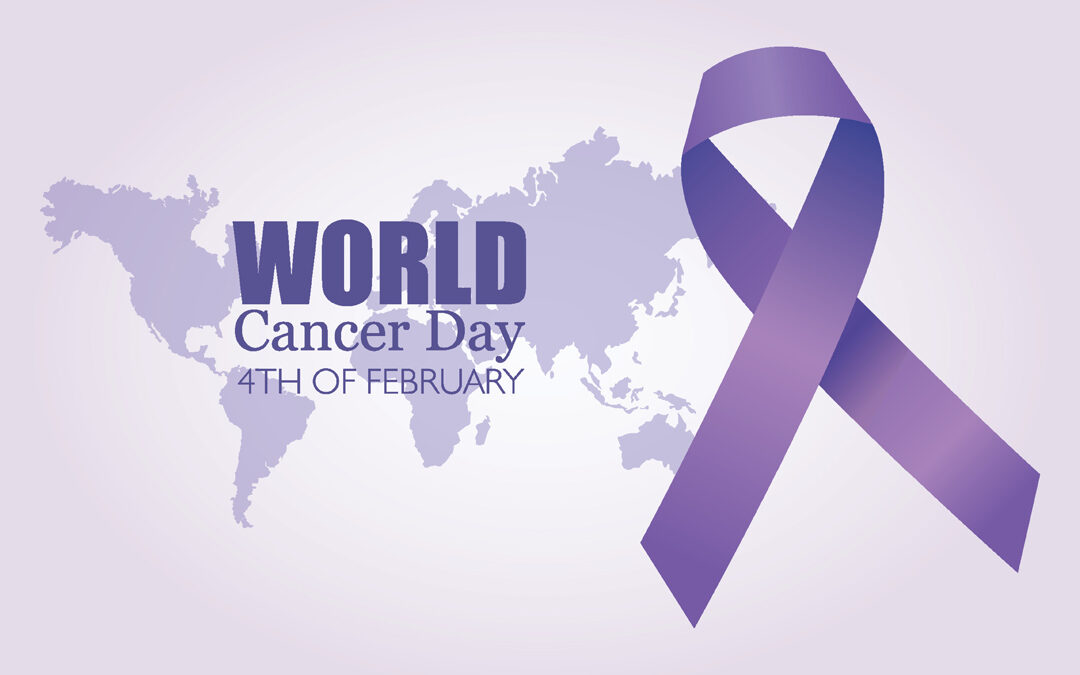Cancer kills nearly 10 million people a year, but cancer is not equally deadly everywhere. The fact is that your risk of dying from cancer hinges arbitrarily on where in the world you live.
World Cancer Day is February 4. This global uniting initiative aims to raise awareness, improve education, and catalyze action around cancer equity.
Richard Marlink, an oncologist by training and director of Rutgers Global Health Institute, discusses the crisis of cancer in sub-Saharan Africa — and what we can do about it.
Why is cancer equity a concern in sub-Saharan Africa?
Cancer is much deadlier in sub-Saharan Africa than it is in many other parts of the world, and the situation is only expected to worsen. According to a recent report, cancer deaths are increasing rapidly in Africa, with expectations of doubling within roughly two decades. In addition, when compared with the world’s most developed regions, people in sub-Saharan Africa face a lower risk of getting cancer but a much higher risk of dying from it. The mortality-to-incidence ratio was seven out of 10 for sub-Saharan Africa, versus three in 10 for very highly developed regions of the world. Meanwhile, the risk of dying from cancer has been declining in the U.S. for nearly 30 years.
How can we explain this disparity?
We cannot discount the fact that cancer is underreported in sub-Saharan Africa. But there are certainly crucial differences in the capacity of sub-Saharan African health systems to detect, diagnose, and treat cancer. There are not enough health care providers trained in oncology. Diagnostic equipment is limited. There are numerous barriers in accessing radiotherapy and chemotherapy.
Basically, it takes a long time to diagnose cancer in sub-Saharan Africa, and even when it is diagnosed, treatment is not readily available. This means that many patients are dying from cancer, including cancers that have high survival rates elsewhere in the world. This is unconscionable.
What is needed to change this?
First, we need to make sure that basic treatments — treatments that have long been proven to work — are available to people in Africa.
In the U.S., the Obama and Biden administrations have championed the Cancer Moonshot initiative, and this is a noble goal, to cure cancer. Cancer kills about one in six people every year, and we need to do everything we can to fight it. This includes accelerating cutting-edge research that can eventually save lives. Recently, the White House acknowledged that while the immediate goals of Cancer Moonshot are domestic, the ambitions are global.
There is also a movement in the global oncology world known as the Cancer Groundshot. This movement tries to draw attention to the fact that many countries around the world lack access to or cannot effectively deliver relatively inexpensive cancer therapies that are available now. We know these basic cancer treatments work, and we need to work intensely “on the ground” around the world to get them to the people who urgently need them. We have the ability right now to save so many lives by ensuring equitable access to the proven interventions we already have.
What kinds of efforts should be prioritized?
We do need to tackle supply chain issues that are causing avoidable but common stockouts of basic cancer drugs in pharmacies, and we need to be sure providers have the facilities and equipment they need. Life-saving and life-improving radiotherapy capabilities are tragically lacking in most African healthcare settings.
If we can catch cancer earlier in Africa, we can treat it more effectively. Many cancers are also preventable. Cancer awareness and prevention campaigns can go a long way.
A major need, though, in sub-Saharan Africa is to train many more health care providers in cancer care and prevention. We do not have enough soldiers in this fight. In sub-Saharan Africa, there are far fewer oncologists than in highly developed regions of the world. But we can accomplish so much by providing general practitioners, doctors, nurses, and pharmacists with specialized, on-the-job oncology training. We cannot just wait for more oncology specialists with years of training to come to or return to Africa. We can help the health care providers in place now to grow in their abilities to recognize signs of cancer, to diagnose cancer early, and to treat cancer patients safely and effectively.
We don’t need to wait for the next big discovery in cancer treatment. We can save lives with what we know right now, and we must.

